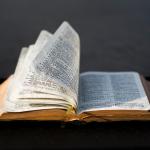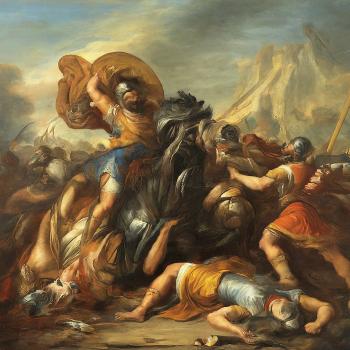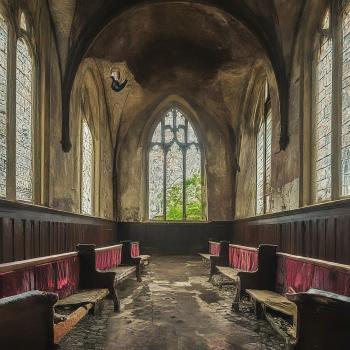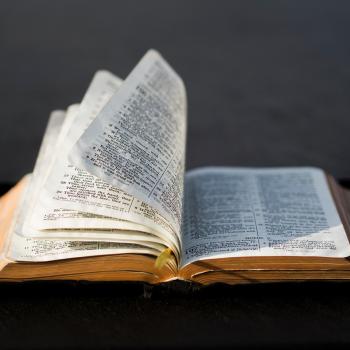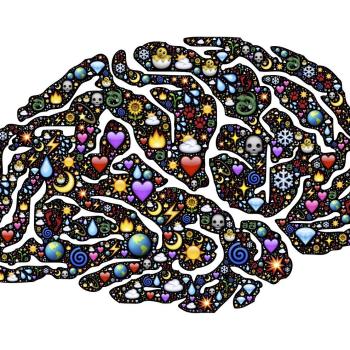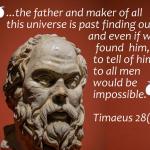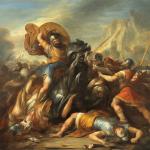Of all the noise in American politics and journalism, one of the loudest arguments is this: Was the U.S. founded on Christian beliefs, were the founders Christian men and did they intend for the Bible to guide the country?
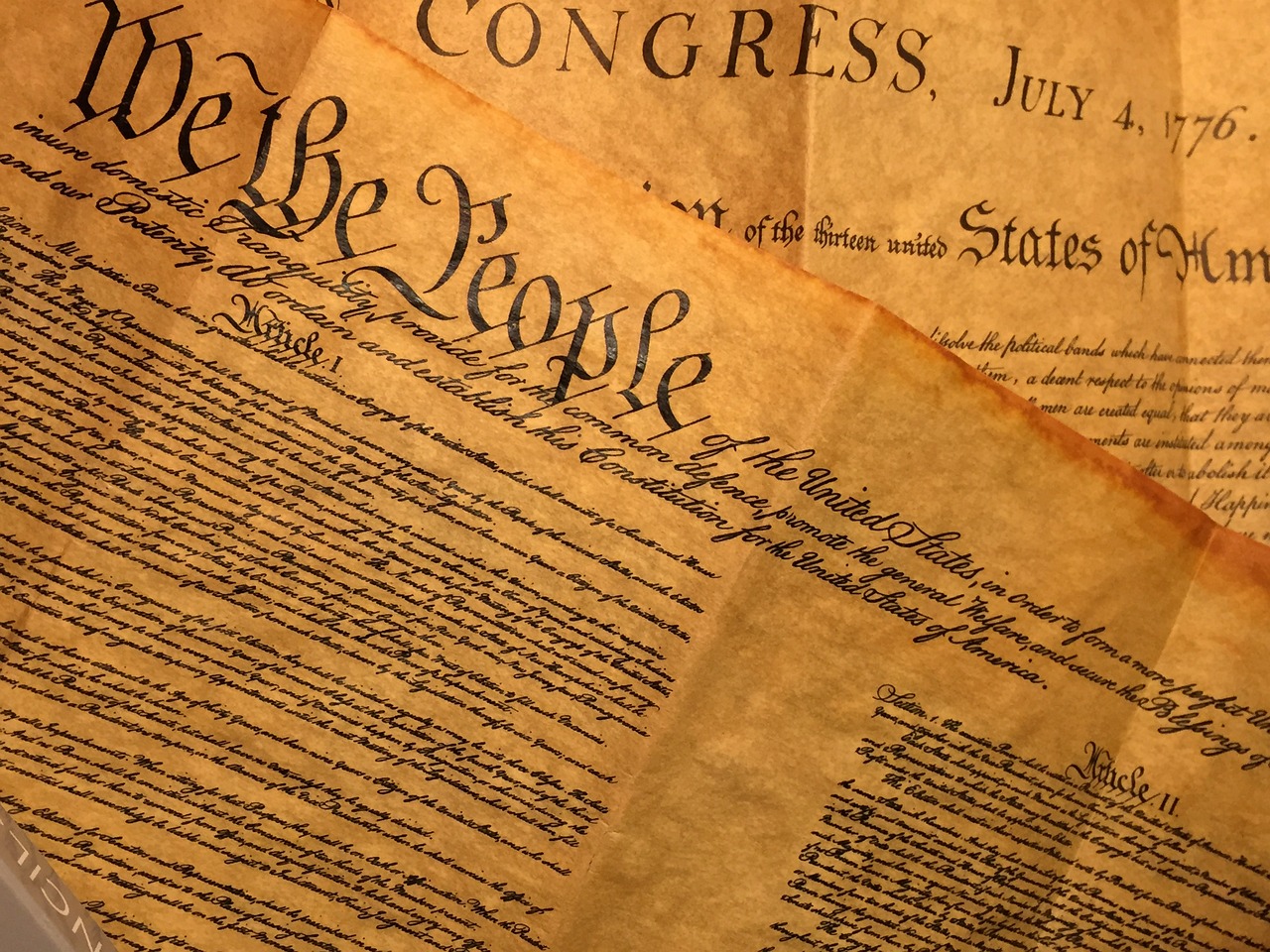
What can we learn from the founding documents?
We will look individually at some of the major players among the corps of founding fathers, but first, let us examine the documents themselves.
The United States Constitution
The text of the United States Constitution, as presented by the United States National Archives contains the following instances of each of these words:
- Bible 0
- God 0
- Jesus 0
- Christ 0
- Deity 0
- Creator 0
- Messiah 0
- Church 0
- Prayer 0
- Christian 0
- Baptism 0
- Communion 0
- Eucharist 0
- Priest 0
- Pastor 0
The United States Declaration of Independence
The text of the United States Declaration of Independence, as presented by the United States National Archives contains the following instances of each of these words:
- Bible 0
- God 1
- Jesus 0
- Christ 0
- Deity 0
- Creator 1
- Messiah 0
- Church 0
- Prayer 0
- Christian 0
- Baptism 0
- Communion 0
- Eucharist 0
- Priest 0
- Pastor 0
The one mention of the word “God” contained in the first paragraph:
The unanimous Declaration of the thirteen united States of America, When in the Course of human events, it becomes necessary for one people to dissolve the political bands which have connected them with another, and to assume among the powers of the earth, the separate and equal station to which the Laws of Nature and of Nature’s God entitle them, a decent respect to the opinions of mankind requires that they should declare the causes which impel them to the separation.
The single mention of the word “Creator” is found in the second paragraph:
We hold these truths to be self-evident, that all men are created equal, that they are endowed by their Creator with certain unalienable Rights, that among these are Life, Liberty and the pursuit of Happiness.
The paragraph continues:
That to secure these rights, Governments are instituted among Men, deriving their just powers from the consent of the governed, (emphasis added)
The United States Bill of Rights
- Bible 0
- God 0
- Jesus 0
- Christ 0
- Deity 0
- Creator 0
- Messiah 0
- Church 0
- Prayer 0
- Christian 0
- Baptism 0
- Communion 0
- Eucharist 0
- Priest 0
- Pastor 0
What do these founding documents show?
It is clear that the men who wrote and adopted those documents had a singular purpose:
That these United Colonies are, and of Right ought to be Free and Independent States; that they are Absolved from all Allegiance to the British Crown, and that all political connection between them and the State of Great Britain, is and ought to be totally dissolved;
There is absolutely no mention of Christianity, Jesus, Christ, the Messiah, the Savior, the Holy Bible or anything that could be reasonably construed to say otherwise. While most of the founders almost certainly believed in a deity, there was clearly no intention to include any aspect of any deity’s worship or even recognition by the new nation being founded.
In fact, the only mention of religion at all is contained in the third article and was eventually adopted as “The First Amendment.”
Article the third… Congress shall make no law respecting an establishment of religion, or prohibiting the free exercise thereof; or abridging the freedom of speech, or of the press; or the right of the people peaceably to assemble, and to petition the Government for a redress of grievances.
The documentary evidence is clear.
In spite of what people might say and believe, in spite of what politicians might say, in spite of what any news media might publish, it is crystal clear that there was no intention by the writers of the United States Declaration of Independence, the United States Constitution, or of its Bill of Rights to base any aspect of the governance of the United States on the Holy Bible, the Holy Quran or on any holy book.
Furthermore, it was never their intention to create a “Christian nation,” a concept developed out of whole cloth by fundamentalists who seem to be more concerned with controlling other people’s behavior than with any legitimate theological purpose.
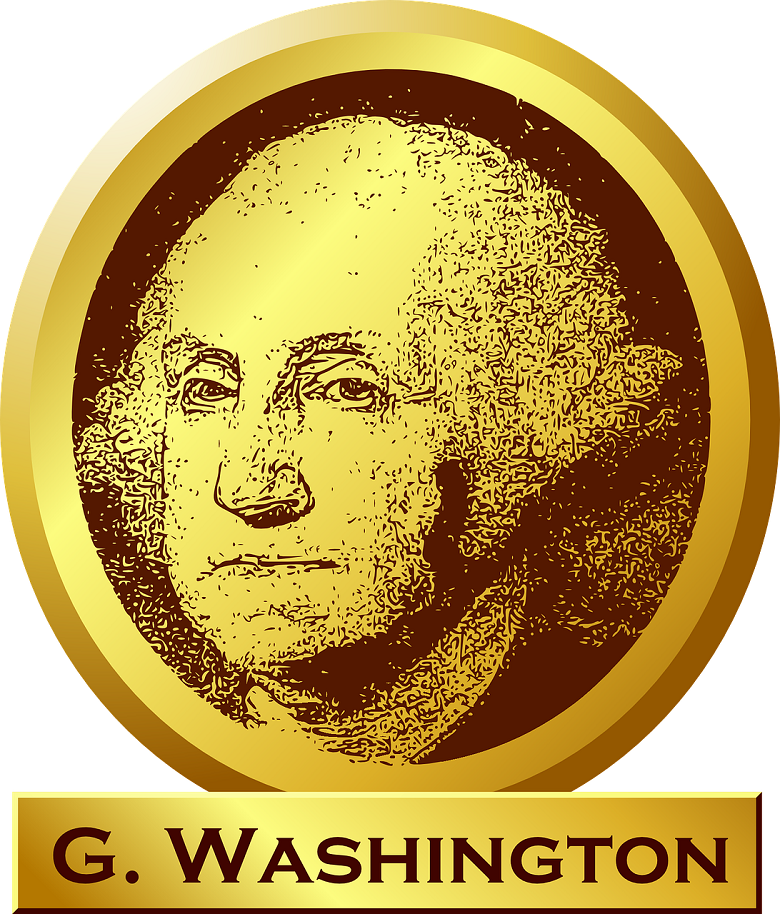
Were the Founding Fathers Christians?
We will examine the following “founding fathers” to determine what we can about the religious beliefs of these men.
- George Washington
- Thomas Jefferson
- Benjamin Franklin
- John Adams
- James Madison
George Washington
Washington, of course, was the commanding general of the Continental Army and was elected the first President of the United States. The official Mount Vernon website provides information concerning Washington’s religious beliefs and his beliefs about the freedom of citizens of the new nation to worship as they please.
When studying the religious beliefs of George Washington, it is difficult to make absolute, concrete conclusions. Depending on the source examined, Washington has been painted in differing lights ranging from a Deist to a believing Christian.
Overall, Washington’s religious life is an area of great debate and much in line with his contemporaries. His religious life is complex and should be approached as such, without trite labels and descriptions.
Washington was also tolerant of different religious beliefs, having attended services of multiple Christian denominations. He once publicly supported an army chaplain who was a Universalist (meaning that he held that Christ died for the sins of all, versus only the elect) despite the objections of other clergy.
There is one writing by Washington that clearly shows his complete tolerance for religious beliefs that were, by definition, non-Christian. There was concern among some Jewish citizens of the new country. In a letter to the Hebrew Congregation in Newport, Rhode Island, Washington wrote:
“For happily the government of the United States, which gives to bigotry no sanction, to persecution no assistance, requires only that they who live under its protection should demean themselves as good citizens…May the children of the stock of Abraham, who dwell in this land, continue to merit and enjoy the goodwill of the other inhabitants.”
That statement most certainly confirms that George Washington, no matter his own specific beliefs, was absolutely NOT one who saw the United States as a “Christian nation.”
Thomas Jefferson
Jefferson was the first Secretary of State and our third president. He also wrote the Declaration of Independence.
A PBS article gives details of Jefferson’s ideas about religion and its place in government. (Emphasis added)
Convinced that the state had no business coercing religious conformity, Jefferson made defense of liberty the hallmark of his career. In 1776, he wrote the Declaration of Independence. The following year, he introduced a Bill Concerning Religious Freedom to the Virginia Legislature. In 1787, he urged his friend and colleague James Madison to amend the Constitution to include a written guarantee of religious liberty.
Jefferson’s campaign to end state support of religion fueled doubts about his personal religious beliefs. These doubts, which had swirled around him for years, emerged as a critical issue in the bitter presidential campaign of 1800. His Federalist opponents vilified him as an atheist and libertine. Jefferson fumed at the harassment coming from what he referred to as an “irritable tribe of priests” and even compared his persecution at the hands of the New England clergy to the crucifixion of Christ.
Jefferson won the election, beating his friend and rival John Adams. On New Year’s Day 1802, he welcomed to the White House the dissident Baptist preacher John Leland. That same day, Jefferson replied to a letter sent by Baptists in Danbury, Conn., who chafed under the authority of the established Congregational Church. In his reply Jefferson invoked the famous metaphor of a “wall of separation” between church and state.
Influenced by the British Unitarian Joseph Priestley, Jefferson set his prodigious intellect and energy on the historical figure at the center of the Christian faith: Jesus of Nazareth. Jefferson became convinced that Jesus’ message had been obscured and corrupted by the apostle Paul, the Gospel writers and Protestant reformers. While president, Jefferson took a razor to the Bible, cutting out portions of the Gospels that involved miracles and retaining his parables and ethical teachings. The resulting volume, The Philosophy of Jesus of Nazareth, affirmed his conviction that Jesus was not divine, but “a Teacher of Common Sense,” primarily concerned with morality and ethical conduct.
It would be difficult, it seems, in any possible mental fantasy, to see Jefferson as one who wanted to found a “Christian nation.”
John Adams
John Adams was a religious man. PBS writes:
Raised in the Congregational Church, the established church in his home state of Massachusetts, John Adams later became a Unitarian. Unitarianism, a liberal strand of Christianity popular in New England, began in the liberal wing of the Congregational Church.
Unitarian theology does not include many of the essential features of the brand of Christianity proposed and held as sacred an inviolate by American Evangelicals today:
Unitarians charge that the Trinity, unlike unitarianism, fails to adhere to strict monotheism. Unitarians maintain that Jesus was a great man and a prophet of God, perhaps even a supernatural being, but not God himself. They believe Jesus did not claim to be God and that his teachings did not suggest the existence of a triune God.
Unitarian Christology can be divided according to whether or not Jesus is believed to have had a pre-human existence. Both forms maintain that God is one being and one person and that Jesus is the (or a) Son of God, but generally not God himself.
A Unitarian would not found a “Christian nation,” and certainly not one that prescribed a fundamentalist Christology.
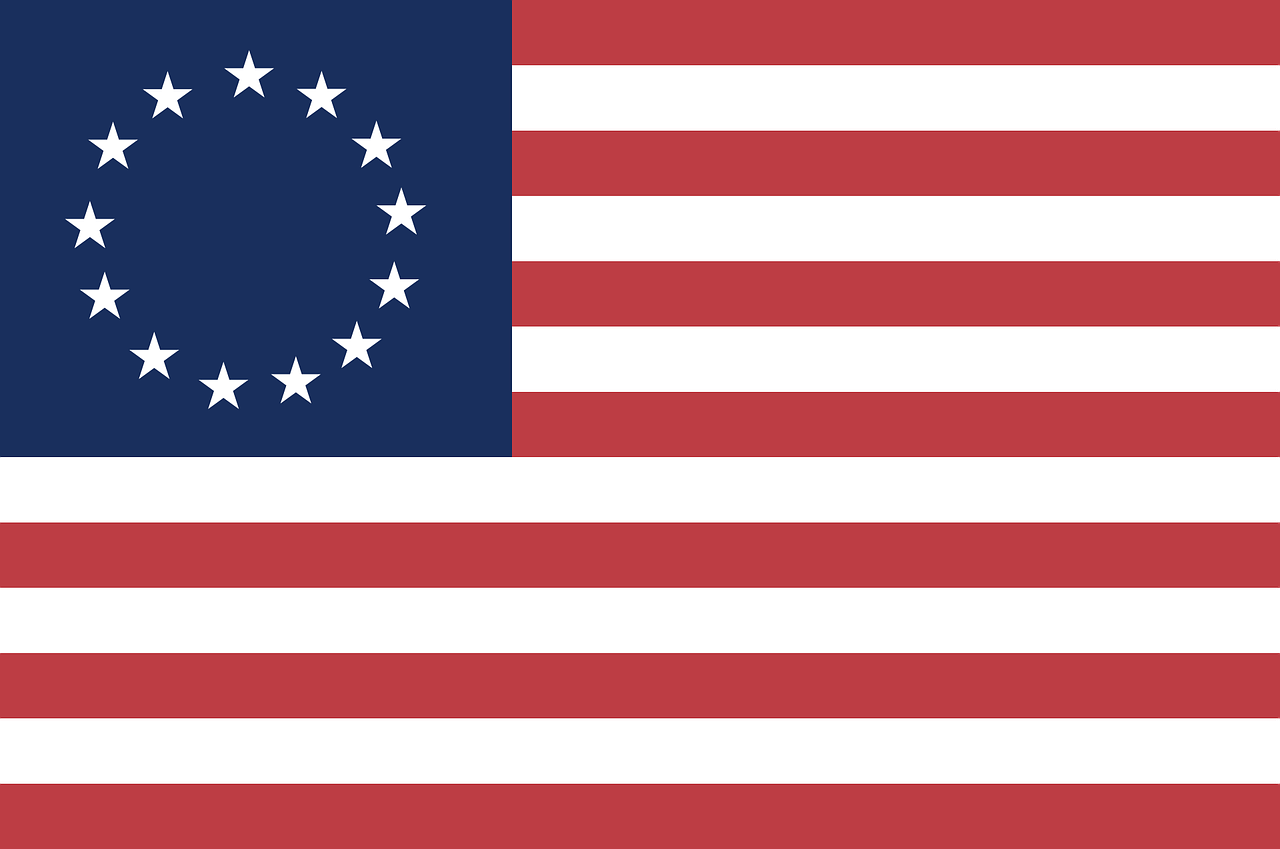
James Madison
The site, Learn Religions tells us: (Emphasis added)
The fourth American president, James Madison, wasn’t only known as the “Father of the Constitution” but also as a defender of religious freedom, which his quotes on religion reveal.
Madison was baptized an Anglican. He studied under both a Presbyterian educator and the president of the College of New Jersey (now Princeton University), who embraced the Presbyterian faith and logic alike.
A delegate of the Virginia Convention of 1776, Madison convinced the Legislature to adopt the mandate that “all men are equally entitled to the free exercise of religion” in the colony’s constitution. The following year, Thomas Jefferson authored the Bill for Establishing Religious Freedom, of which Madison became an ardent supporter. He wrote and distributed (anonymously) “Memorial and Remonstrance Against Religious Assessments” to introduce others to the argument for the separation of church and state. Eleven years later, Jefferson’s bill finally passed.
Madison’s influence in the battle over church and state would grow when he was chosen to be the “architect of the Constitution” during the meeting of the founding fathers in Philadelphia in 1787. Like the Virginia Constitution, the U.S. Constitution called for the separation of church and state.
We may emphatically add James Madison to the list of Founding Fathers who were horrified about the idea of an entanglement of religion and governance.
Benjamin Franklin
The Washington Post wrote: (Emphasis added)
Franklin told us in his autobiography that he was a “thorough deist.”
Franklin adhered to a religion that we might call doctrineless, moralized Christianity. This kind of faith suggests that what we believe about God is not as important as living a life of love and significance. Franklin grew up in a devout Puritan family in colonial Boston, but by his teen years the bookish boy began to doubt key aspects of his parents’ Calvinist faith. Abandoning Christianity altogether, however, was not a realistic option for someone as immersed as Franklin in the Bible’s precepts and the habits of faith.
Although Franklin did at times toy with some radical anti-Christian beliefs, he settled on the conviction that Christianity was useful because of the way it fostered virtue. Franklin wearied of how colonial Americans incessantly fought about theological minutiae. But he still believed that Christianity represented a preeminent resource for benevolence and charity, qualities he considered essential to any worthwhile religion.
Franklin, John Adams and Thomas Jefferson all doubted some fundamental tenets of the Protestant faith. These could include salvation by God’s grace alone, the divinity of Jesus, or God’s Trinitarian nature.
It would be difficult to think of a Founding Father who believed less in the entanglement of government and religion. Franklin believed people should be and do good because it is right, not due to an external system of morality.
What is the final word?
It is easy to see that many of the founding fathers had strong religious beliefs. It is just as easy to see that their beliefs differed widely and were not reconcilable into a single theological construct.
We have seen a great deal of evidence from the mouths and pens of these men that they, in no sense and in no possible misunderstanding, were in favor of, nor supported, the formation of a “Christian nation” but welcomed all Christians and non-Christians to feel free to worship or not worship as they see fit.
I fully expect and, in fact, hope, that someone will challenge my position. If you do, or if you agree, please leave a comment and let me know what your thoughts are. I am a public student of Biblical scholarship and I want to learn as much as possible.


